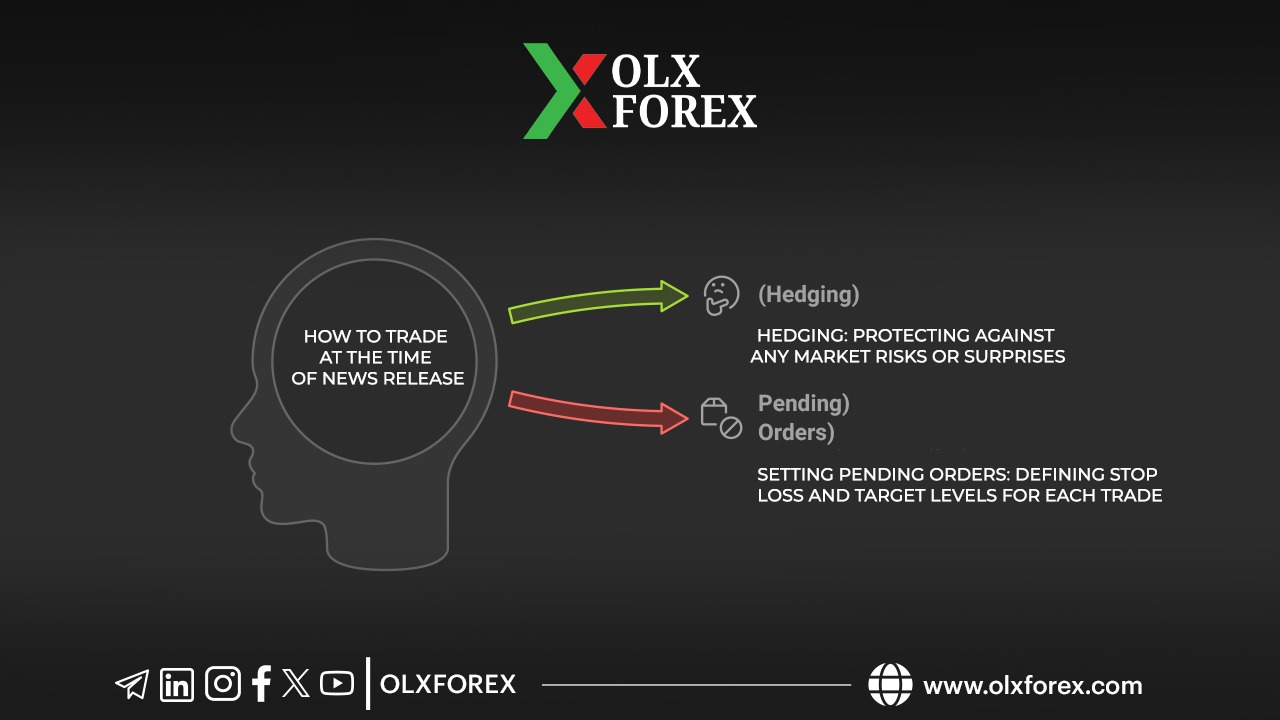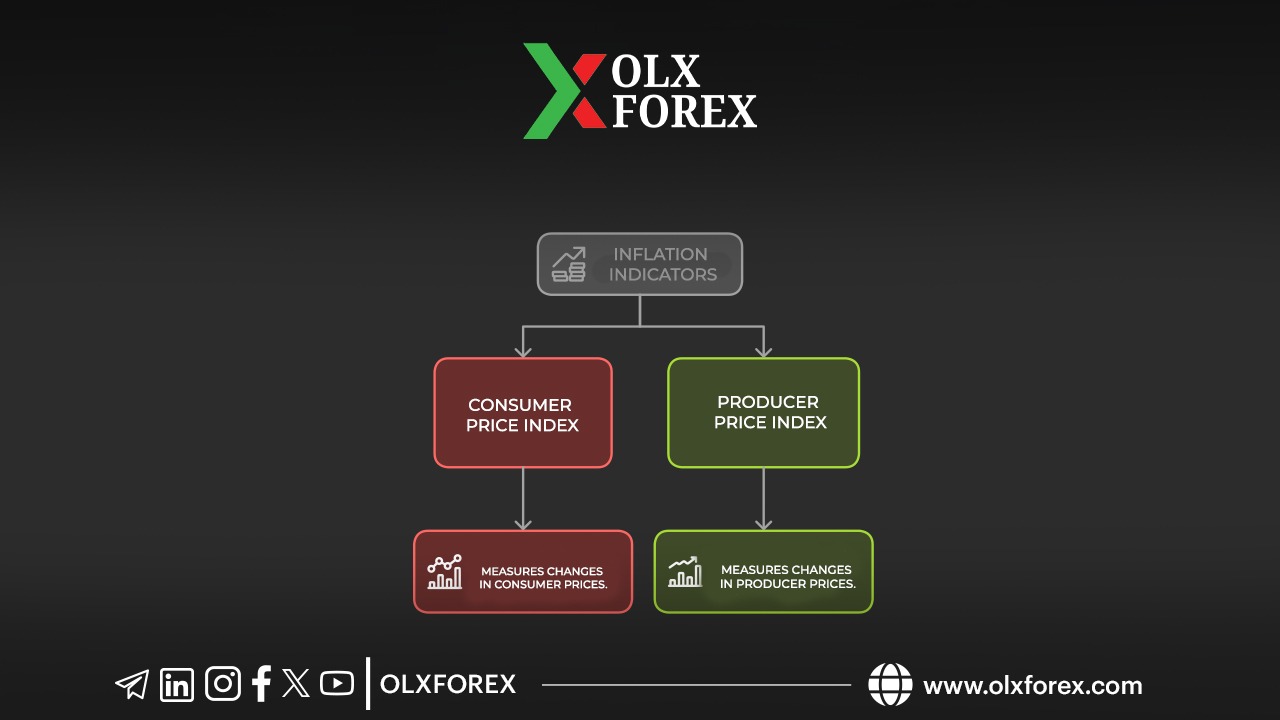
*The Impact of Economic and Political News on Currency Markets*
Economic and political news significantly influences currency charts, as these events are key drivers in financial markets. Fundamental analysis, which examines economic indicators and geopolitical factors, plays a crucial role in determining the overall trend of a currency, whether bullish or bearish. Understanding the economic landscape of a country is essential for accurate fundamental analysis, involving a comprehensive grasp of the country's economic situation and the data released through reports and conferences.
The world's wealthiest individuals often rely heavily on fundamental analysis to guide their financial decisions. Currency movements are influenced by several primary factors, which can be categorized into natural disasters, political events, and economic news.
*1. Natural Disasters*
Natural disasters are the most immediate and impactful factors affecting a country’s currency. They can cause significant volatility regardless of the country's political or economic conditions. For example, Japan, situated on the earthquake belt, has experienced severe natural disasters that have greatly impacted the Japanese yen. The 2003 earthquake led to a nuclear leak, and a similar event in 2013 displaced many residents. These disasters resulted in a substantial decline in the yen’s value. However, Japan’s recovery and economic strengthening eventually led to a resurgence in the yen's value. Such events illustrate how natural disasters can cause sharp currency declines, followed by recovery as the situation stabilizes.
The COVID-19 pandemic is another example of a global natural disaster that caused significant market declines due to worldwide precautionary measures. As the situation improved and vaccines were developed, markets began to recover, though not to their pre-pandemic levels until 2021.
Countries affected by natural disasters can often capitalize on these crises by engaging in trades such as selling the impacted currency, potentially realizing immediate profits.
*2. Political Events*
Political events have a substantial impact on a country’s currency. Political decisions, such as economic reforms, revolutionary changes, wars, or elections, can greatly influence a country’s economy and currency. For instance, New Zealand's strong alliance with Australia has bolstered the New Zealand dollar due to their combined political and economic efforts. Conversely, the Brexit vote significantly affected the British pound, leading to market fluctuations based on political outcomes.
Currently, U.S. elections are influencing currency markets, with potential outcomes affecting the dollar and gold prices. Analyzing political events accurately can lead to profitable trading opportunities.
*3. Economic News*
Economic news releases from major countries, which occur monthly, are crucial in influencing currency strength. Key economic indicators include:
- *Interest Rate Decisions:*
This critical news is released monthly by central banks, determining the interest rates applied to banks. Higher interest rates can stimulate investment and economic growth, while lower rates can encourage smaller-scale investments and economic recovery. Monitoring interest rate decisions and subsequent press conferences helps predict monetary policy changes and make informed trading decisions. Expected currency movement ranges from 80 to 200 points.
*Non-Farm Payrolls (NFP) and Unemployment:*

Released on the first Friday of each month for the U.S. and Canada, this data significantly impacts currencies like the Canadian dollar. Lower-than-expected unemployment figures are positive for the currency, while higher figures can be negative. Trading based on these releases can result in currency movements of 60 to 120 points.
*Inflation:*

Measured through exports and imports, inflation can be managed by increasing exports and reducing imports. A higher level of exports compared to imports strengthens the currency, while higher imports lead to increased inflation. Currency movements in response to inflation news range from 40 to 80 points.
These key economic reports occur monthly, with several reports from major countries providing numerous trading opportunities. Mastering fundamental analysis allows traders to navigate these factors effectively and capitalize on market movements.
During significant news events, market volatility often increases, leading to wider spreads and potential slippage. Choosing a reliable broker is crucial to manage these risks effectively. For example, Exness has recently reduced spreads on gold and oil, providing advantages during volatile periods. We recommend Exness for its exceptional trading conditions. Explore a superior trading experience with Exness and open your account today.











